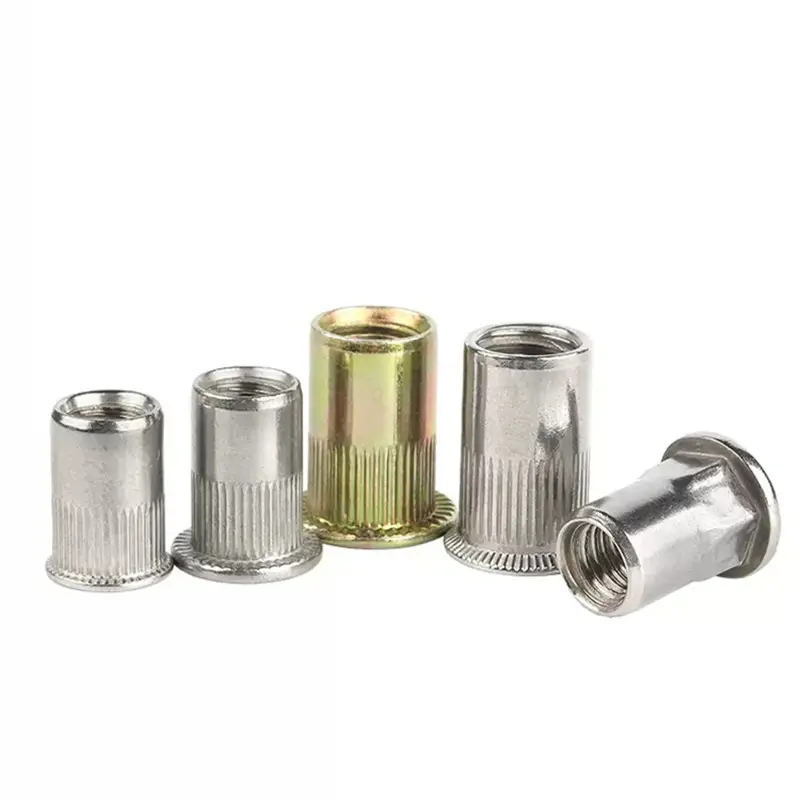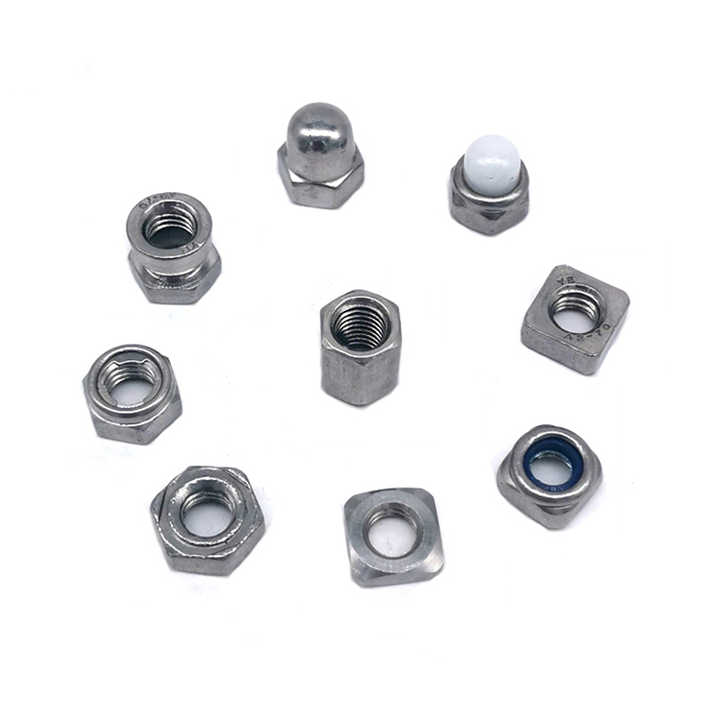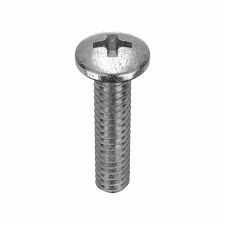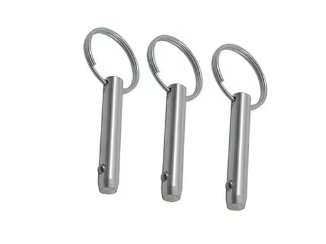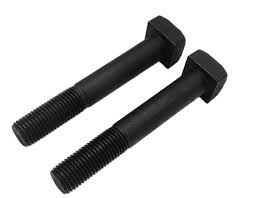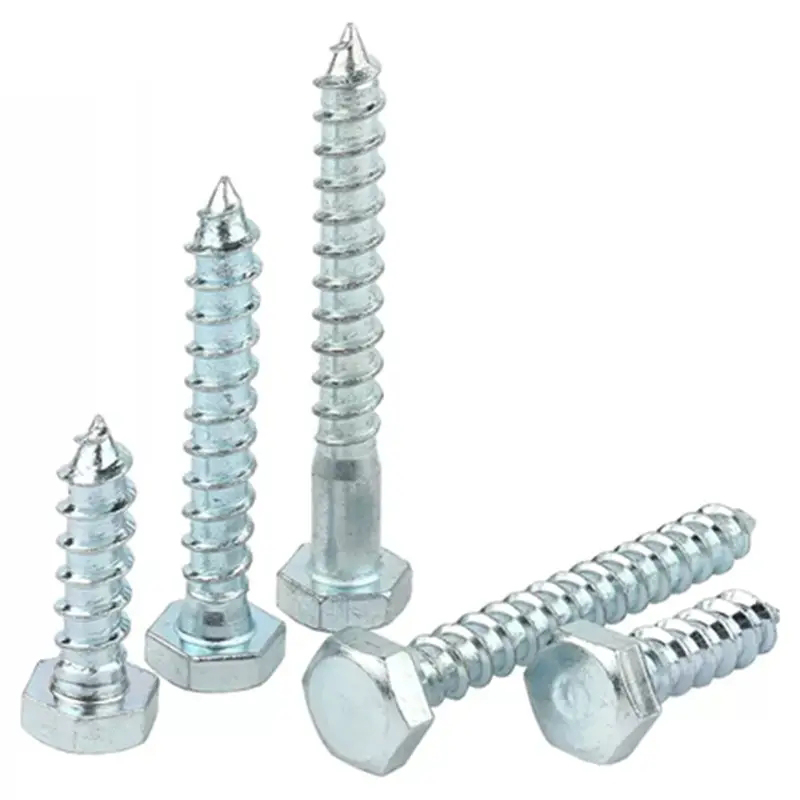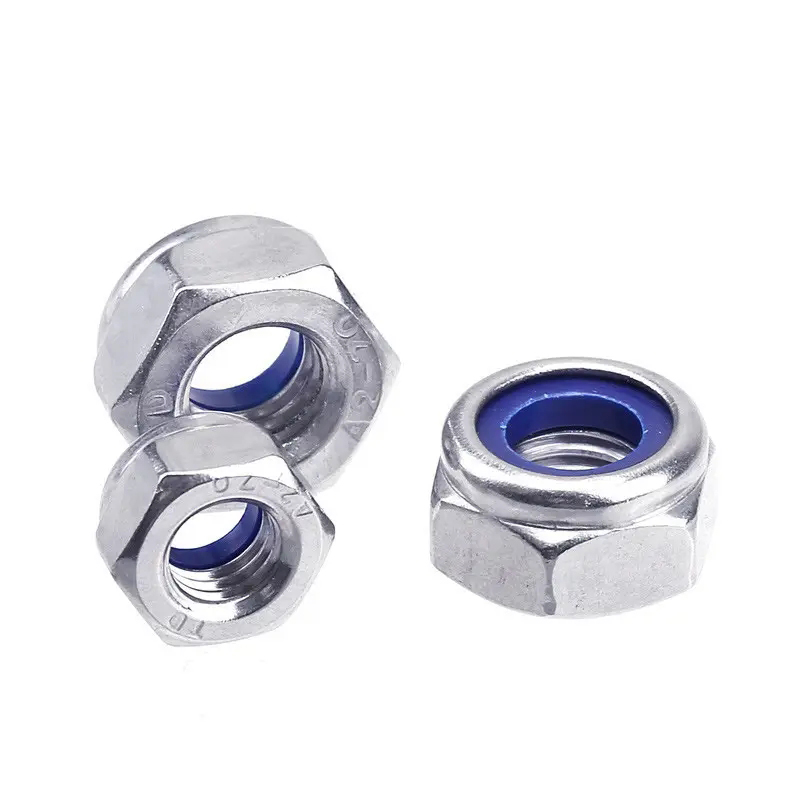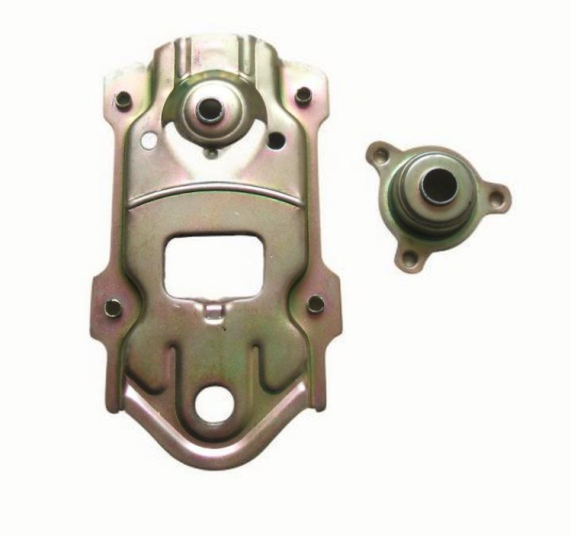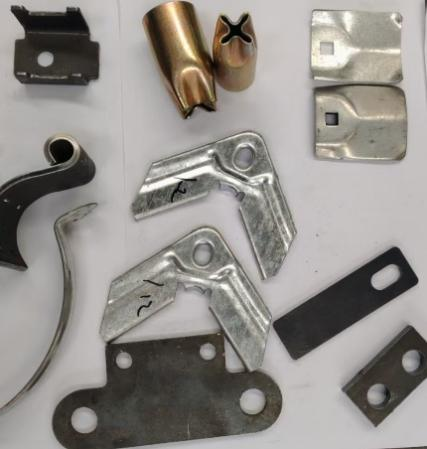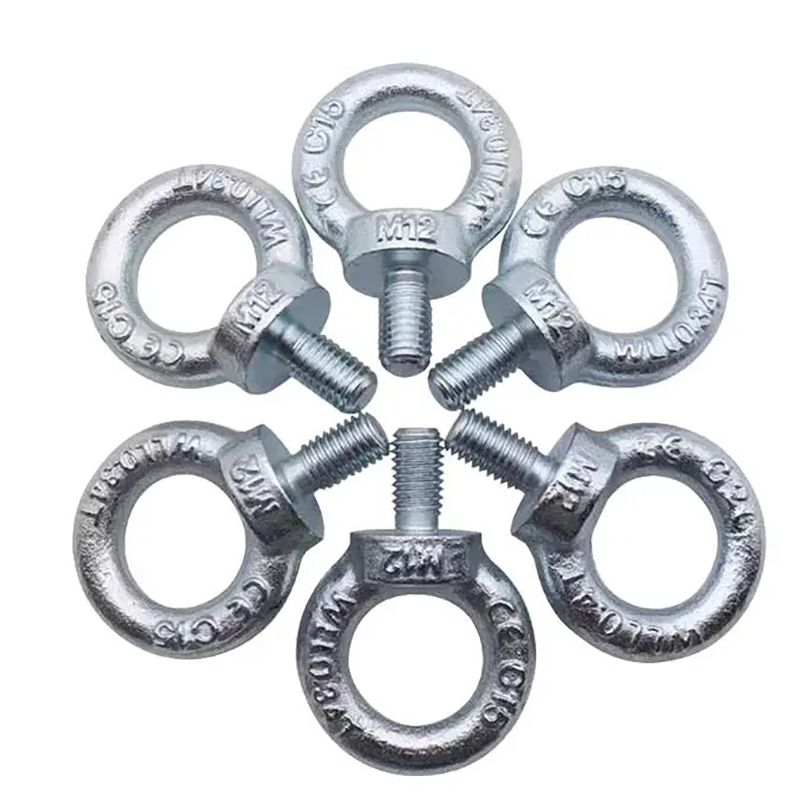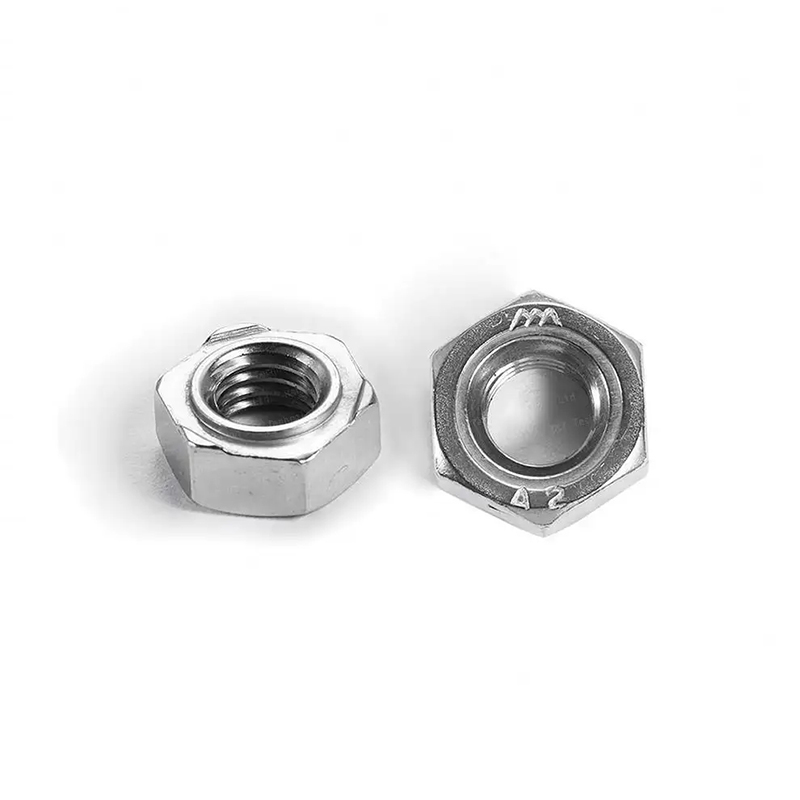

This guide provides a complete overview of wave springs, helping you understand their characteristics, applications, and how to select the right ones for your needs. We'll cover everything from material selection to sizing and sourcing reliable suppliers of wave springs, ensuring you make informed purchasing decisions. Learn about different types of wave springs and their advantages, allowing you to confidently choose the optimal solution for your specific application.
Wave springs, also known as Belleville washers, are pre-loaded, conical-shaped springs offering high load capacity in a compact design. Unlike traditional helical springs, they are manufactured from a single piece of spring steel, exhibiting superior fatigue resistance and consistent performance. They are exceptionally versatile, finding applications in various industries, from aerospace to automotive.
Several types of wave springs exist, each with unique characteristics catering to specific needs. These include single wave springs, multiple wave springs (stacked for higher load capacity), and custom-designed springs tailored to precise application requirements. The choice depends on the required force, deflection, and space constraints.
The material used in manufacturing wave springs significantly impacts their performance. Common materials include high-carbon steel, stainless steel, and various specialized alloys selected for their specific properties, such as corrosion resistance or high-temperature stability. The material selection should be carefully considered based on the operating environment and required spring life.
The spring rate (force per unit deflection) and the maximum deflection are critical parameters to consider. These values dictate how much force the spring exerts at a given compression and its overall load-bearing capacity. Accurate calculation of these parameters is crucial for proper application.
Precise dimensions and tolerances are essential to ensure proper fit and function within the intended application. Any deviations can compromise performance and lead to premature failure. Suppliers should provide detailed specifications and ensure compliance with industry standards.
The load capacity refers to the maximum force a wave spring can withstand before permanent deformation. Fatigue resistance is equally important, determining how many cycles of loading and unloading the spring can endure before failing. High-quality wave springs excel in both areas.
The operating temperature and environmental conditions significantly influence spring performance. Materials must be selected to withstand the anticipated temperature range, humidity, and exposure to corrosive elements. Selecting the right material is critical for ensuring long-term reliability.
Selecting a trusted supplier is crucial to guarantee the quality and reliability of your wave springs. Look for suppliers with proven track records, certifications, and a commitment to quality control. Checking customer reviews and testimonials can also be helpful. Consider suppliers such as Hebei Dewell Metal Products Co., LTD (https://www.deweLLfastener.com/) for high-quality wave springs.
Pricing and lead times vary depending on several factors, including the spring's size, material, quantity ordered, and the supplier's capacity. Request quotes from multiple suppliers to compare pricing and delivery times. Always clarify all terms and conditions before placing an order.
Wave springs are widely used in automotive applications, such as clutches, brakes, and valve mechanisms, due to their high load capacity and compact size.
The aerospace industry utilizes wave springs in critical components due to their reliability and performance under extreme conditions.
Many industrial machines rely on wave springs for precise force control and shock absorption.
Selecting and buying wave springs requires careful consideration of various factors. By understanding the different types of wave springs, material options, and key specifications, you can confidently choose the right spring for your application. Remember to prioritize sourcing from a reliable supplier to ensure high-quality products and consistent performance.

